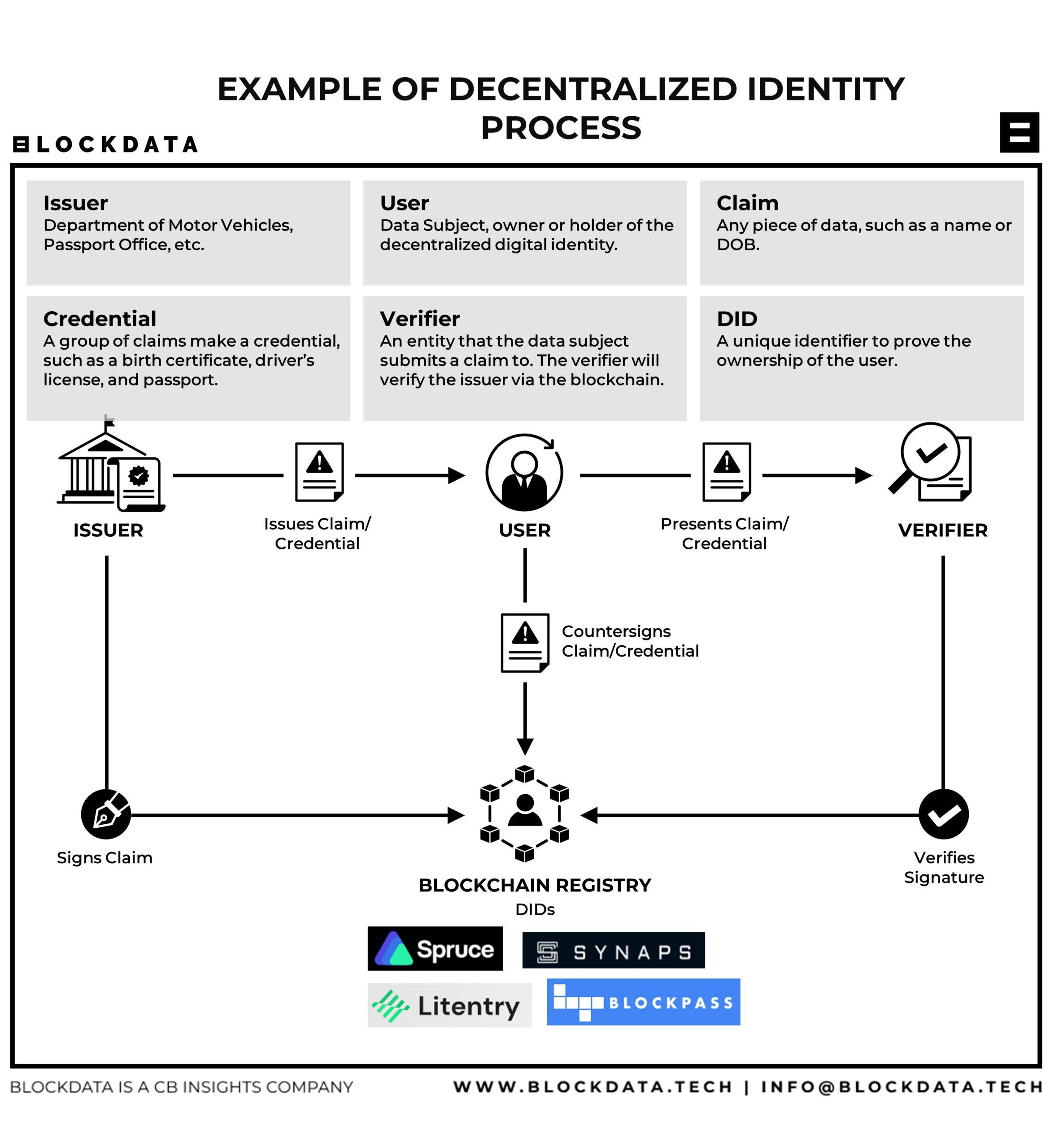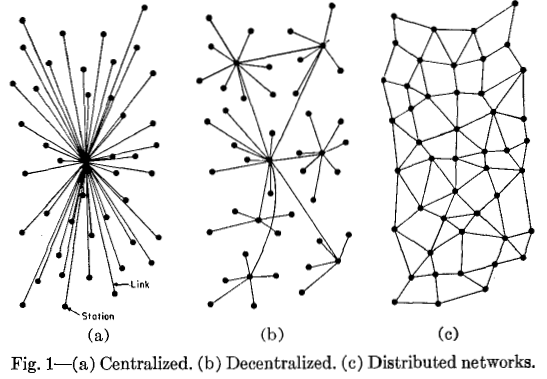
Empowering Users in the Digital Realm with Decentralized Identity
Decentralized identity is revolutionizing the way individuals interact and assert their digital presence. This article delves into the concept of decentralized identity, its significance, and the transformative impact it has on empowering users in the digital landscape.
Understanding Decentralized Identity
Decentralized identity refers to a user-centric model where individuals have control over their personal information without relying on a central authority. In traditional identity systems, personal data is often stored and managed by third-party entities, raising concerns about privacy and security. Decentralized identity shifts this paradigm, allowing users to manage and share their identity in a secure, transparent, and user-friendly manner.
The Core Principles of Decentralized Identity
Decentralized identity operates based on core principles such as user ownership, privacy, and portability. Users own and control their identity data, deciding when and with whom to share it. Privacy is prioritized by minimizing the need for third-party intermediaries, reducing the risk of data breaches. The portability of decentralized identity enables users to carry their digital identity seamlessly across various services and platforms.
Blockchain Technology as the Enabler
Blockchain technology plays a pivotal role in enabling decentralized identity systems. Through the use of distributed ledger technology, user identity information is securely stored across a network of nodes. The decentralized and tamper-resistant nature of blockchain ensures that user data remains secure, verifiable, and immune to unauthorized alterations.
Enhancing Security and Trust
Decentralized identity enhances security and trust in the digital realm. By eliminating central points of failure, the risk of large-scale data breaches is mitigated. Users can have greater confidence in the security of their identity data, knowing that it is under their control and protected by cryptographic mechanisms inherent in blockchain technology.
User-Centric Authentication and Authorization
In decentralized identity systems, authentication and authorization become more user-centric. Individuals can authenticate themselves without relying on traditional username-password combinations. Advanced cryptographic techniques, such as self-sovereign identities, enable secure and convenient authentication methods, reducing the susceptibility to common authentication vulnerabilities.
Interoperability Across Platforms
Decentralized identity fosters interoperability across various platforms and services. Users can seamlessly use their decentralized identity across applications without the need for repeated registrations or the creation of multiple accounts. This not only simplifies user experiences but also reduces the likelihood of identity theft through the exposure of credentials in multiple databases.
Decentralized Identity in Practical Applications
The practical applications of decentralized identity span various industries. From streamlining KYC (Know Your Customer) processes in finance to securing electronic health records in healthcare, decentralized identity provides a versatile solution. Its application extends to areas where secure, user-controlled identity verification is crucial for efficient and trustworthy operations.
Challenges and Considerations
While decentralized identity holds immense promise, it is not without challenges. Issues such as standardization, scalability, and widespread adoption need to be addressed. Standardizing protocols for interoperability and ensuring scalability are essential steps toward realizing the full potential of decentralized identity.
The Road Ahead: Future Developments and Innovations
The future of decentralized identity involves ongoing developments and innovations. As technology evolves, new solutions and standards will emerge, further refining the user experience and addressing existing challenges. Continued collaboration between industry stakeholders will be crucial in shaping the landscape of decentralized identity.
To learn more about the transformative power of decentralized identity, visit www.itcertswin.com. Explore the possibilities of a user-centric, secure, and privacy-enhancing digital identity experience.



